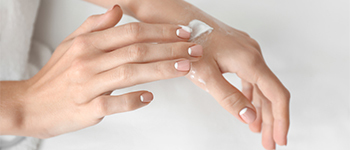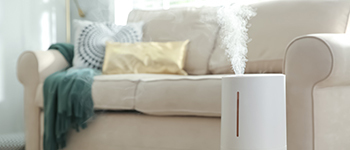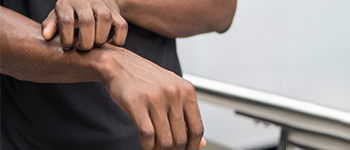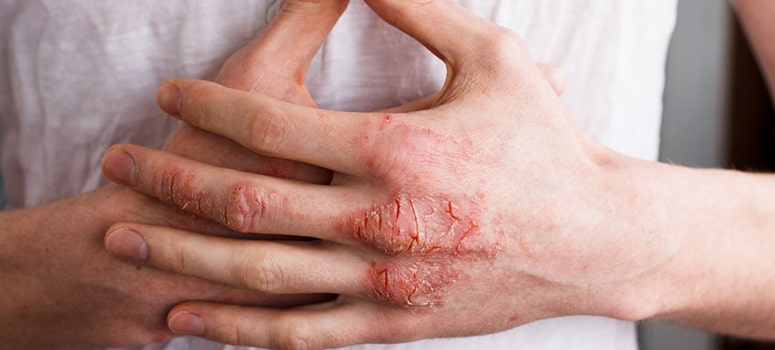Around the world, millions of people suffer from eczema. This chronic condition affects many, from children to adults, and becomes particularly problematic during winter. There are many reasons why eczema flare-ups become more frequent in colder months.
Indoor heating combined with dry air is terrible for your skin if you suffer from eczema. When your skin struggles with staying moist on its own, you need to give it extra care to avoid or reduce the inflammation.
Even though no cure for eczema has been found yet, the following tips may help you control eczema during harsh winter temperatures.
-
Cover Yourself During Extreme Temperature Changes

Hence, cover yourself with hats, scarves, and gloves when moving back and forth between indoors and outdoors. When you’re wrapped up well, your skin does not become cold all of a sudden.
Also, if you’re already cold, avoid washing your hands in warm water, no matter how tempting it may be. This quick temperature change might irritate your skin, causing eczema flare-ups.
-
Apply a Generous Layer of Moisturizer

But not all moisturizers may suit you. Some of them contain chemicals and artificial scents that may further irritate your skin. The good news is, that there are many moisturizers available on the market that are specially made for people with eczema.
Make sure you consult a dermatologist before you buy one.
-
Use Gentle Products on Your Skin

-
Get Some Sunshine

A simple blood test can reveal your current vitamin D levels. Ideally, it should be between 40-60 ng/mL for both adults and children, according to Harvard findings. If you’re deficient, your doctor will likely recommend supplements, which in turn may treat eczema during winter.
-
Use a Humidifier to Control Eczema

Combating the dry heat and bringing the moisture back into your surrounding air is important for winter eczema treatment. And this is what a humidifier does! Several portable humidifiers are available in the market if you’re constantly on the move.
If not, you can buy a humidifier that hooks up with the heating system of your home. You’ll, of course, need to maintain the humidifier to prevent fungi and bacterial growth. Moreover, it’s recommended to use demineralized or distilled water in the humidifier since you’ll essentially be breathing it.
-
Remove Wet Clothes after Getting Drenched

Research has shown that cold and moist do not make a good combination for people with eczema as they promote fungal growth. Therefore, it’s important to practice good hygiene and dry the skin after getting wet.
-
Wear Natural Fabrics

Whatever clothing you choose should be soft and breathable so that your skin is not irritated after wearing it.
-
Eat Eczema-Friendly Foods

Specific food sensitivities might make eczema worse. Common food allergens include eggs, fish, wheat, soy, milk, and peanuts. Children and babies with eczema may suffer more because of these food sensitivities.
But all kids require a well-rounded diet, and you can’t just stop feeding them protein, dairy, and carbs because they might trigger eczema. You need to discuss this with a dermatologist and/or pediatrician first.
They can conduct tests to identify problematic foods for your child and recommend an alternative diet to ensure they get sufficient nutrition.
-
Don’t Scratch Your Skin

If you have a child who suffers from eczema, you might want them to wear gloves at night. Trimming your nails also helps.
-
Take Anti-Itch Medication
There are medicines available in the market to help you cope with excessive itching. These include Allegra, Zyrtec, and antihistamines. However, you must never take them without a prescription.
Conclusion
If you’re facing eczema flare-ups currently, you can book an appointment with the nearest dermatologist in your area through Skin and Hair Academy. Click here to find a dermatologist nearby.














